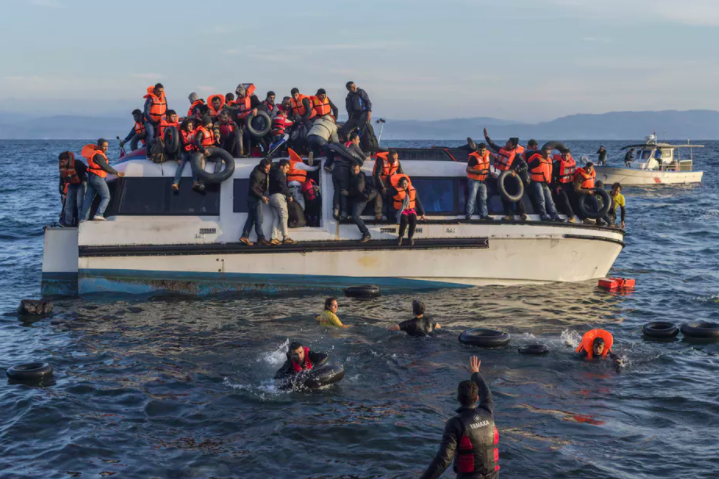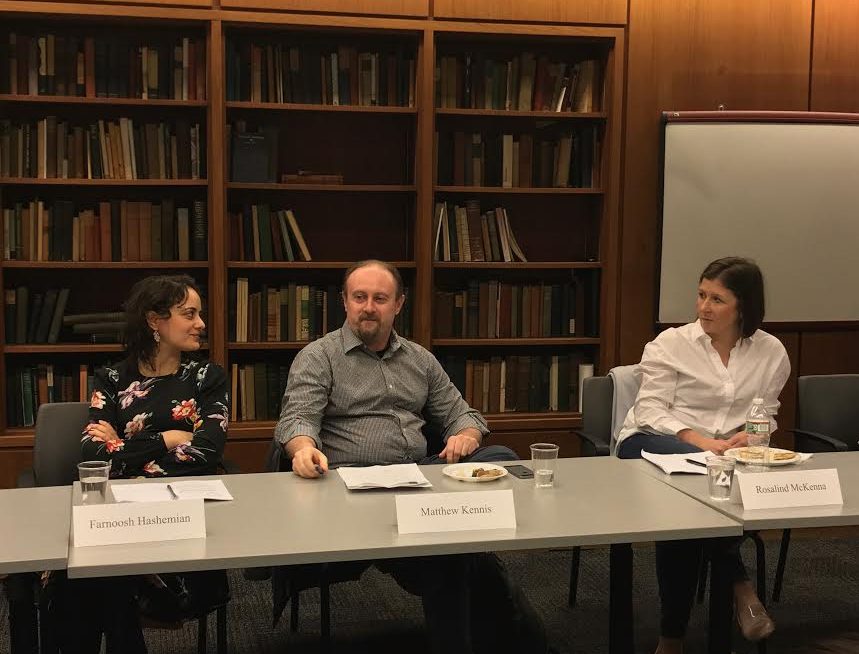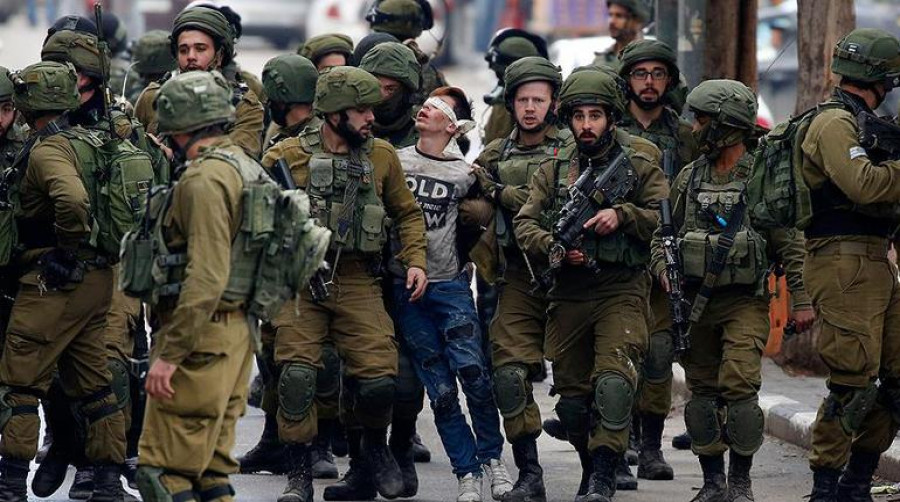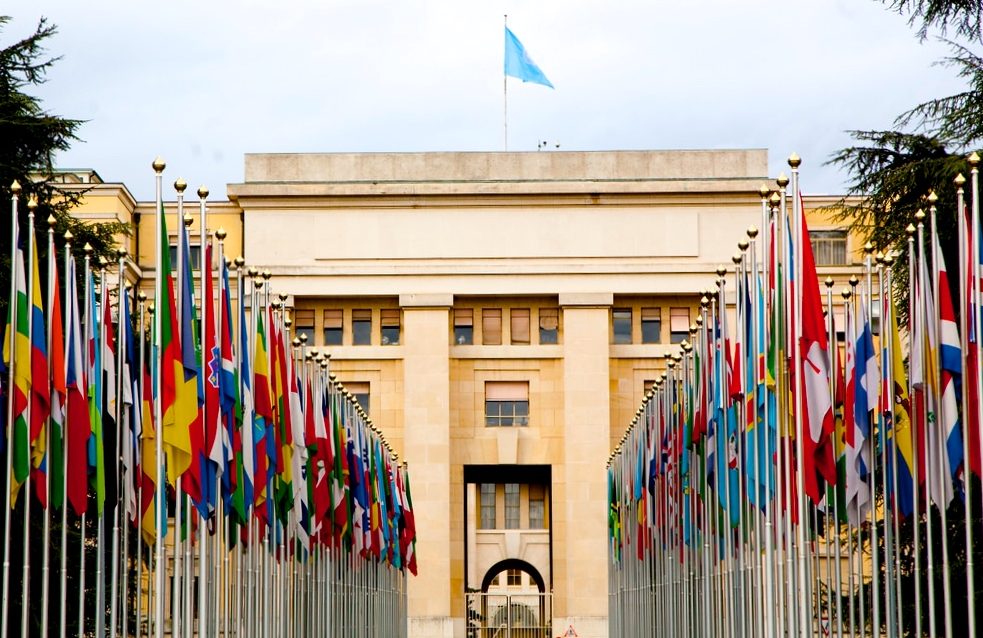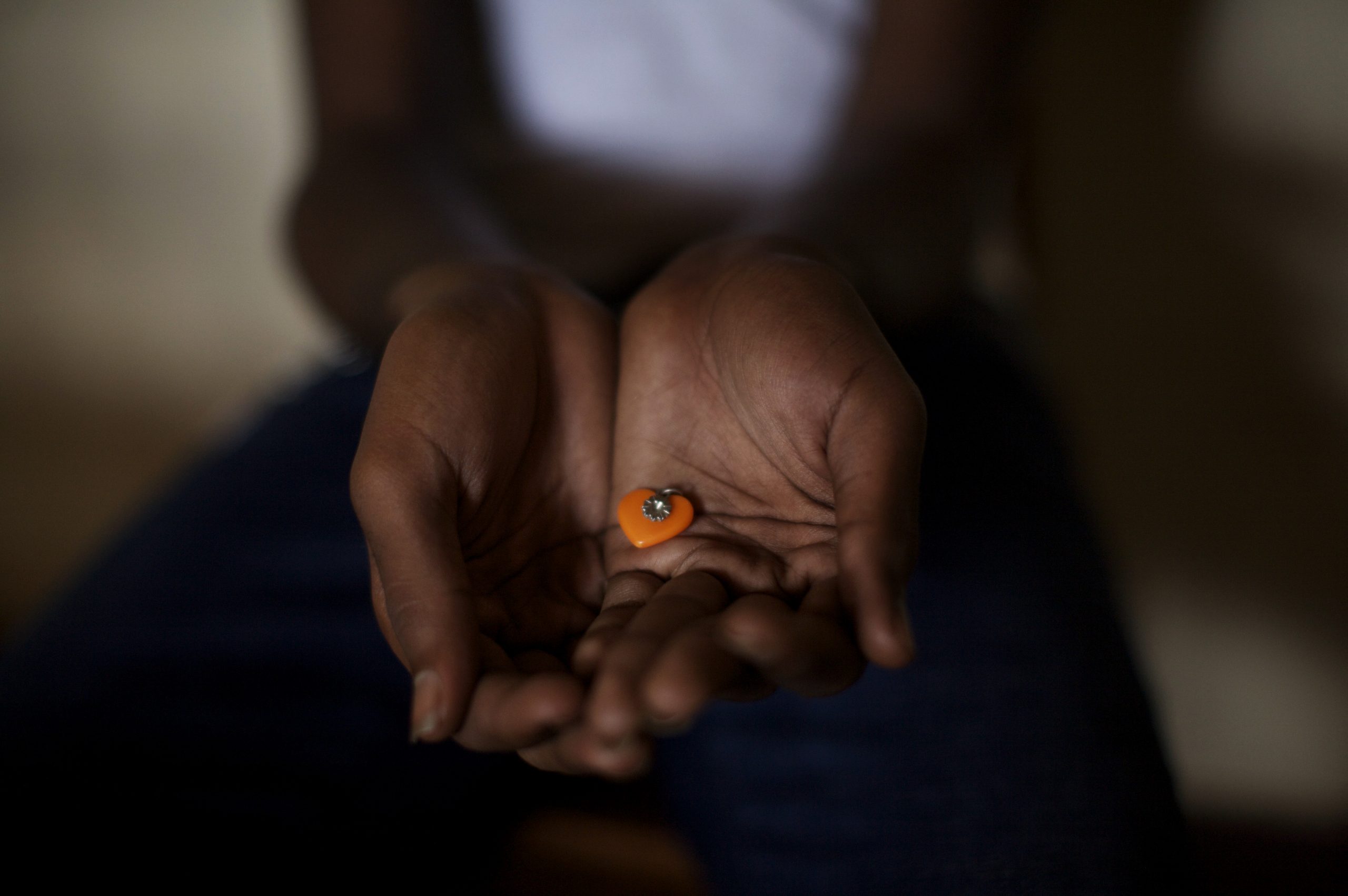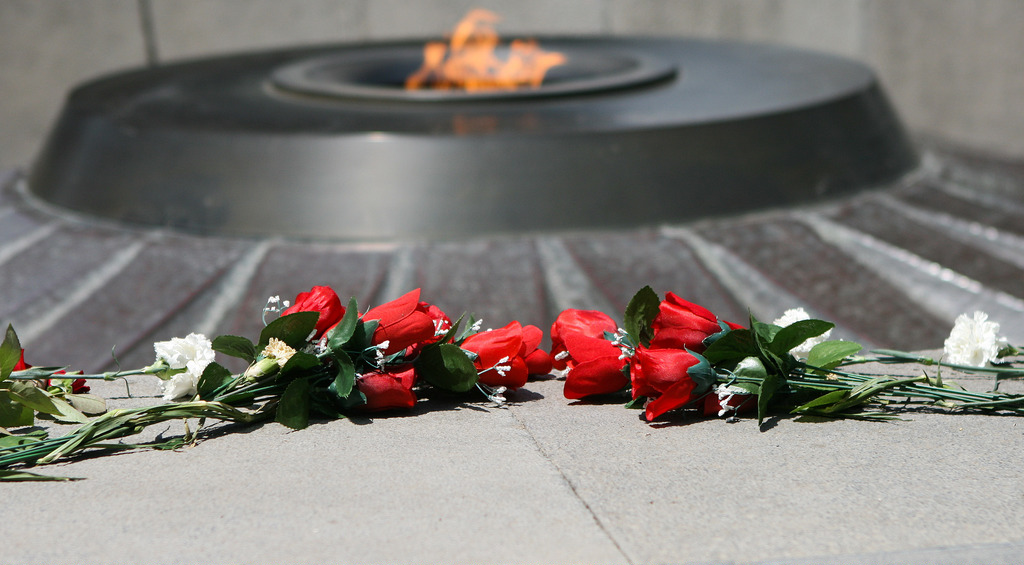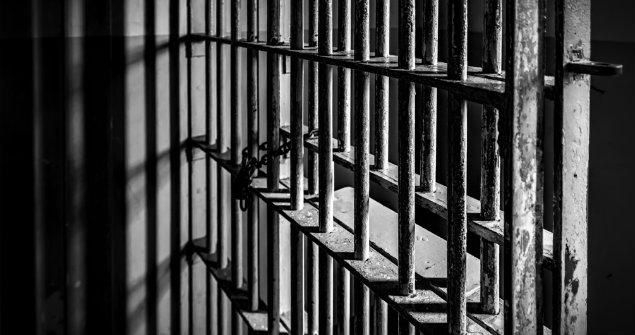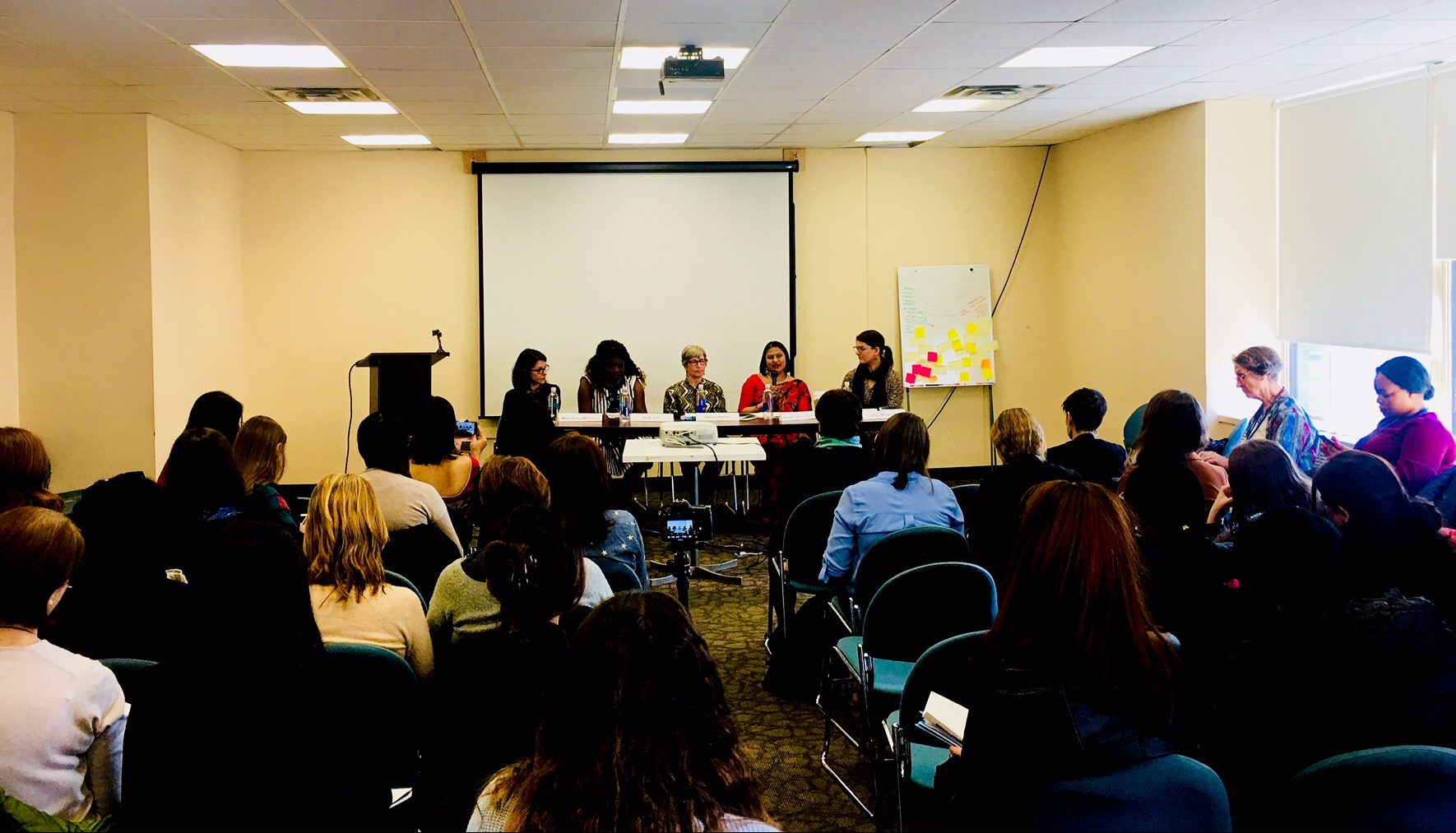
Rural Women’s Human Rights: Challenges and Opportunities
By Ashley E. Chappo, editor of RightsViews and a M.I.A. candidate at the School of International and Public Affairs at Columbia University
The sixty-second session of the Commission on the Status of Women (CSW62), the largest UN gathering on gender equality, took place from 12 to 23 March at United Nations Headquarters in New York. The priority theme of this year’s session was rural women, specifically “challenges and opportunities in achieving gender equality and the empowerment of rural women and girls.”
While global leaders, representatives from 170 member states, NGOs, and activists convened for two weeks of official meetings at headquarters, the conversation continued unofficially in panels and side events around the city. One of these side panels, sponsored by the International Women’s Anthropology Conference, took place at the UN Church Center as the official proceedings of the 62nd session came to a close on Friday, March 23. The panel’s focus was the importance of organizing rural grassroots women and the significance of the rural grassroots movement to achieve improvements for rural women and...

